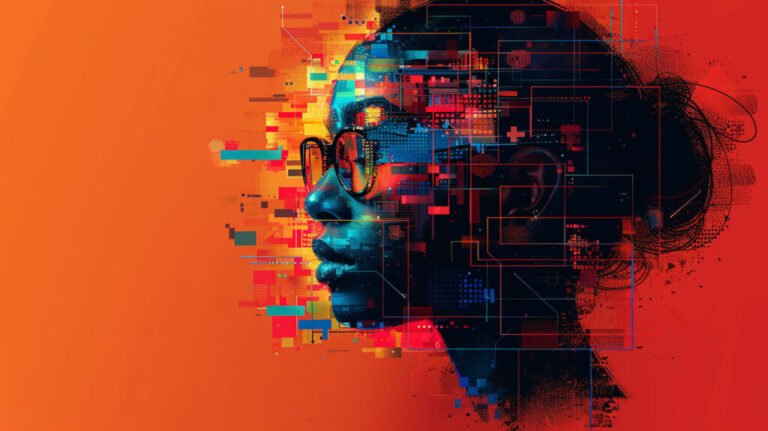How Our Reliance on Artificial Intelligence Risks Eroding Human Reasoning and Shaping a Passive Future
Artificial intelligence (AI) is heralded as a transformative force, reshaping industries and augmenting human capabilities. Yet, emerging research warns of a darker undercurrent: the erosion of critical thinking. A study by the Swiss Business School reveals a troubling pattern—frequent AI tool users, particularly younger individuals, exhibit markedly lower critical thinking scores. The problem is cognitive offloading, where people rely on AI for mental tasks, reducing their own thinking efforts.

This dependency is most pronounced among younger users, who, raised in an AI-saturated environment, often rely on algorithms to answer questions, make decisions, and even form opinions. The trade-off is stark: efficiency and convenience at the expense of analytical depth and independent reasoning. Older participants, less ingrained in this AI-driven culture, show stronger cognitive resilience, preferring traditional problem-solving methods over AI reliance.
The implications are profound. In educational and professional contexts, over-reliance on AI risks producing a generation skilled in task execution but lacking the ability to critically evaluate or innovate. AI tools, while adept at processing and retrieving data, are poor substitutes for human judgment. Their recommendations, often opaque and unchallengeable, encourage users to accept outputs uncritically, fostering intellectual passivity.
If this trend continues unchecked, the societal consequences could be dire. A workforce increasingly dependent on AI may struggle to adapt when faced with complex, novel challenges that demand independent problem-solving. This vulnerability extends to democratic institutions, as citizens reliant on AI-curated information may lose the ability to discern bias or misinformation, exacerbating societal polarisation.
Education systems must rise to the challenge, integrating AI literacy with robust critical thinking curricula. Teaching individuals not just how to use AI but how to scrutinise its outputs is essential. Policymakers and technologists share a responsibility to ensure AI tools are designed to complement rather than replace human cognition, fostering environments where technology augments rather than diminishes intellectual engagement.
Failure to act risks a grim future—an efficient yet unthinking society where critical thinking withers under the ease of algorithmic convenience. AI’s potential is not inherently a threat but a defining challenge that demands deliberate and thoughtful stewardship. Addressing this issue now is crucial to striking a balance between technological advancement and the preservation of human intellect.
